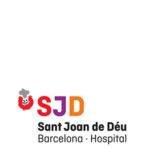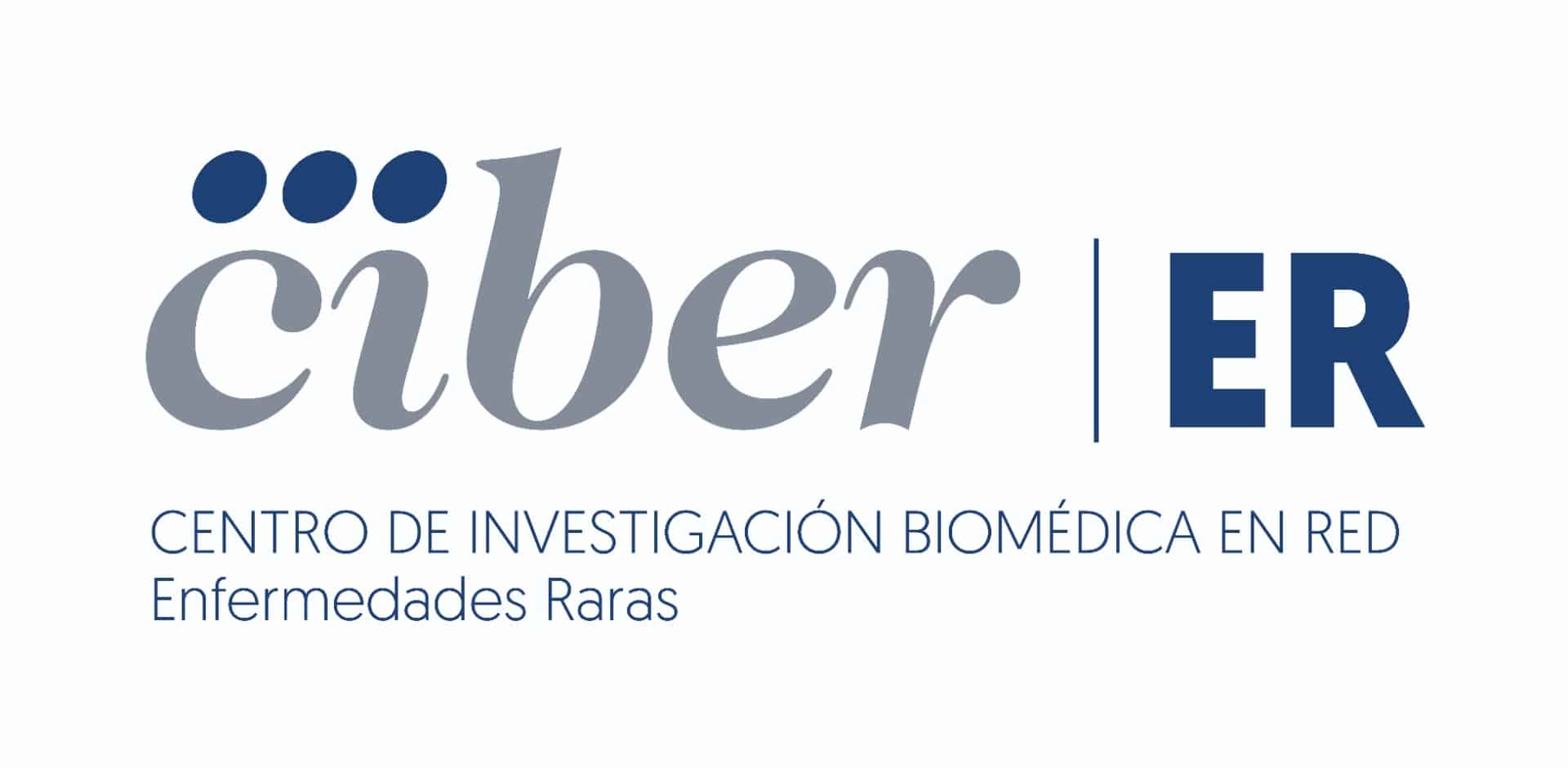Since the release of the “To Err is Human: Building a Safer Health System” report by the Institute of Medicine (IOM) in September 1999, patient safety has become a priority in healthcare systems. This report highlighted medical errors as one of the leading causes of death and injuries. Subsequent studies across various fields have contributed to understanding the problem, revealing that around 10% of admitted patients experience some type of adverse event, and half of these are preventable.
Read More
There has been a paradigm shift in recent years where errors are considered a part of the system, not solely the professional. A non-punitive approach to error allows for an efficient redesign of healthcare processes and benefits other patients by preventing similar errors.The Quality Plan for the Spanish Health System recommends implementing healthcare risk management programs, cultural awareness among professionals, fostering communication systems and incident analysis, and establishing safety indicators at different organizational levels, among other strategies.Maternal medicine represents an area where safety is especially critical for several reasons:
- Childbirth is a highly frequent reason for hospitalization, only surpassed in volume by cardiovascular pathology.
- The incidence of adverse events in maternal-fetal medicine is around 5%, but various studies underscore their significance due to potential effects on the mother and newborn and long-term repercussions on the individual, their family, and society.
- Society generally perceives pregnancy and childbirth as a physiological process, resulting in heightened sensitivity to adverse events during this period.
- The high risk of legal litigation faced by professionals in maternal-fetal medicine (among the top 5 medical specialties with the highest number of claims) underscores the importance of a safety environment in which professionals feel protected by the system.
Therefore, multiple institutions (such as ACOG) recommend promoting a safety culture in maternal-fetal medicine involving patients, minimizing errors as much as possible, and improving communication among professionals and patients.
Program Objectives
- Implement a safety culture in their original environments by designing inputs and outputs that a functional unit of safety and healthcare quality should have.
- Develop competencies to design and lead research projects in quality and safety in maternal-fetal medicine.
- Competence in professional and patient communication that maximizes safety.
- Understand the basic principles of medical simulation of obstetric complications.
Read More
Program Activities
- Training in quality and safety in healthcare through an online course (60 hours).
- Participation in weekly safety core meetings at Sant Joan de Déu and Hospital Clínic, evaluating all safety notifications.
- Involvement in the periodic update of the quality dashboard, compiling sentinel events and quality macro indicators.
- Participation in preparing open safety sessions in MMF (every 5 weeks), presenting selected cases at both locations.
- Contribution to the quarterly safety bulletin drafting, incorporating committee recommendations for dissemination among all staff.
- Inclusion in the obstetric simulation training team as a fellow, engaging in the complete simulation cycle.
- Training in TEAMStepps methodology (Agency for Health Care Research and Quality), aimed at reducing communication error-related events. Participation in communication training workshops.
- Execution of a research project in the field of safety in maternal-fetal medicine that could result in a publication in a indexed journal.
Program Locations
Hospital Clínic and Hospital Sant Joan de Déu in Barcelona, integrated into the Barcelona Center for Maternal-Fetal and Neonatal Medicine (BCNatal).
In both centers, the safety core operates as a functional unit with dedicated professionals, promoting a safety culture that drives the functioning of the maternal-fetal medicine service, reconciling safety with adherence to the best available evidence for each of the processes and complications that occur in their scope.
Program Duration
2 years
Program Fees
As per the doctoral program of the University of Barcelona.













